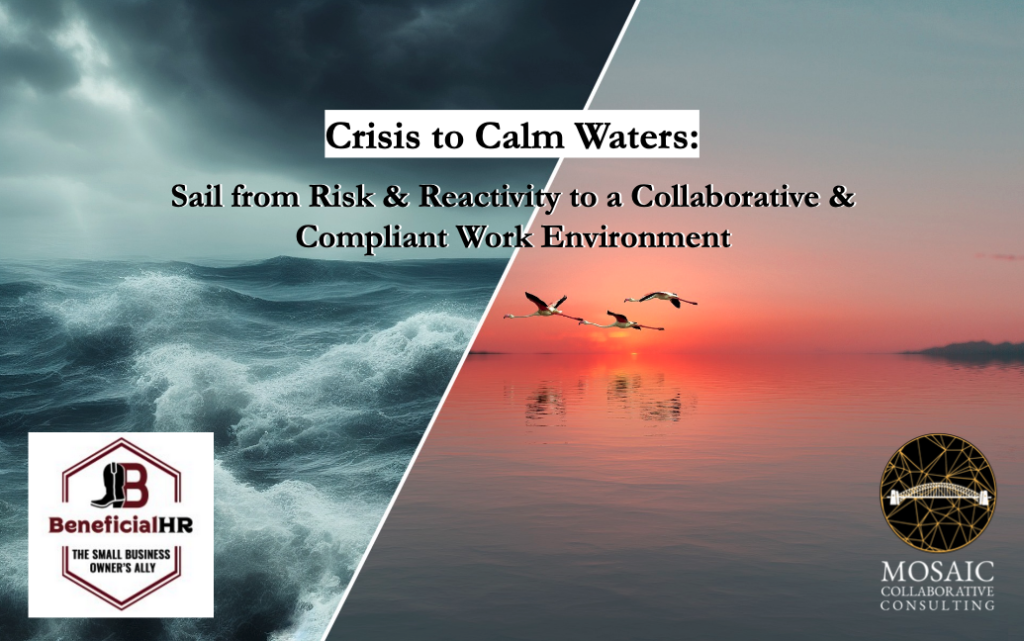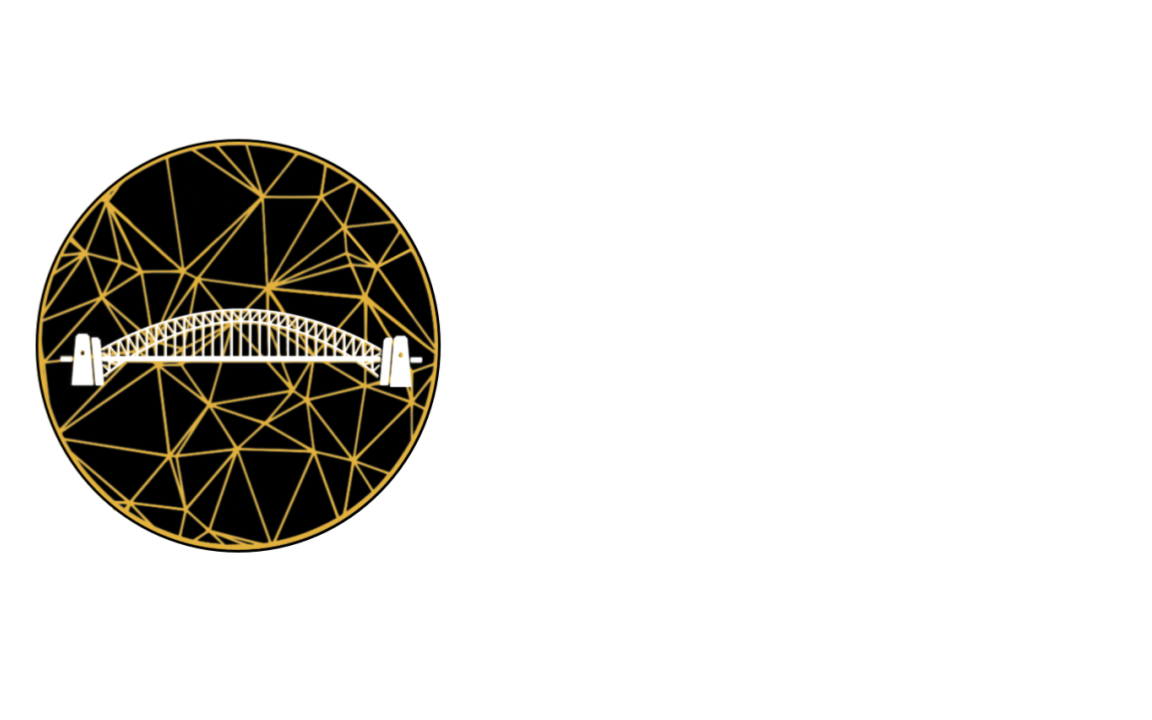North America consistently houses among the world’s highest count and most successful startups. Among the many places a company can call home, Texas has been a rising star in recent years and it doesn’t appear to be slowing anytime soon with its business-friendly environment. But underneath the success of it all is plenty of grit, as any small business or entrepreneur knows very well. Although strategies do exist for managing the perils of business, many startups and small businesses fail to take the necessary steps early on to prevent disasters and reach maturity. Among these key strategies and tactics is dispute resolution, which is the best kept secret by Fortune 500’s for decades, combating risk while also reducing legal budgets substantially… for those in the know. For others, startup land may feel like a constant game of risk and reaction, much like a never-ending roller coaster.
The Visionary vs. Volatility
Nearly 1 in 5 (19.2%) Americans were involved in startups in 2023, meaning you or one of your close friends or family members are likely living in the exciting, often volatile environment common among startups. As amazing and inspiring as it is to see so many examples of entrepreneurs ceasing opportunities to create value and opportunity for those around them, the journey is not without its downsides. About a fifth of new businesses fail in the first year, and about half fail within 5 years. Those are daunting odds even for the most ambitious people, but while it is important to evaluation critical risks and solutions, working in a startup doesn’t have to revolve around the perilous game of risk and reaction. Nevertheless, it can certainly feel that way in today’s volatile environment.
Nearly 1 in 5 Americans were involved with startups in 2023
Statista, North American Startups – Statistics & Facts
2022 had a among some of the highest numbers of startups in recent years, according to Statista. Some of the top reasons businesses failed that year, CNBC reported, include lack of financing, poor financial planning, and the lingering impacts of Covid-19. That makes sense, given that many entrepreneurs often seem to be “pie in the sky” thinkers, and research confirms they tend to be an especially optimistic bunch. They’re determined to achieve their aims, no matter what. Problems can be solved. Investors can be convinced. Teams can be built. So they push onward.
But who can blame them? Without suspending disbelief and focusing on creating value (especially the novel, innovative type), would they really be entrepreneurs in the first place? Great leaders also share this capacity for vision, so entrepreneurs aren’t alone on that. This tendency to “think outside the box” and imagine alternatives better than the status quo is often inherently tied to the vision and value they materialize. Still, it doesn’t protect them from the risks of financial failure so common among startups.
This tendency to “think outside the box” and imagine alternatives better than the status quo is often inherently tied to the vision and value they materialize.
Risk Management (that’s not a killjoy)
So what gives? How can entrepreneurs and leaders pursue their visions while shielding themselves from the perils of the unknown without becoming per-occupied with risk-averse, defensive thinking? One approach is to accept that there will be risks and, rather than spending the entrepreneur’s precious visionary time on risk management, hiring a risk management consultant to help ensure their vision is set up for success.
Whether consultants help with establishing strategic and agile contracts that can withstand change, or they help build in systems to proactively detect and mitigate risks before they materialize, there’s plenty of value to planning around dodging landmines. Risk managers can relieve burden of the admittedly downtempo topic of risk, enabling the visionaries to keep the spark without ending up like many of the failed visions that surround them on the startup road.
But that still leaves one problem: visionaries might have their risks under wraps and their inspiration in steady supply, but this alone won’t enable leaders to channel their vision into number one: their own operation. No matter the size or age of a business, there will always be risks. Continuing to think of risks as purely negative — those things we avoid at all costs — will mean the leader remains stuck in defense mode, unable to apply their same innovative, forward thinking to their own business. Like a sports team that can only block and not score, the risks faced by the business won’t ever be converted into opportunities for growth and collaboration.
Continuing to think of risks as purely negative — those things we avoid at all costs — will mean the leader remains stuck in defense mode
Human Resources Needs Better Dispute Resolution
That’s where conflict transformation comes in. Typically Human Resources and the legal team are tasked with handling employee relations and misconduct issues, but a handful of candid conversations with trusting coworkers, friends, and family will reveal the suspicion HR is commonly viewed with among workers. Do employees really talk to HR? Of course they do. Are they completely honest, and do they raise every issue they should? Judging by HR’s poor reputation and the conflicts of interests involved with doing so, probably not. See the Forbes numbers on HR:
- Almost half (47%) of EE’s don’t trust HR to help with conflict resolution
- 48% don’t trust HR to make them aware of internal promotion opportunities
- More than 2 in 5 (45%) of respondents don’t believe HR will act impartially, while 43% believe senior staff members are favored.
The legal team, on the other hand, quickly gets expensive. Maybe that’s why those Fortune 500’s companies invested decades ago on better solutions (that worked). Those that invested heavily and committed to the change to dispute resolution were able to reduce their legal budget by half.
Whether its an entrepreneur just getting their operation started, or a sizable company with 100+ employees, those risks need to be handled head on. While those risks do increase as the organization grows in size (more people, more laws, more deals = more risk), that fundamental shift from reactive to proactive and collaborative makes the world of a difference. It’s never too early nor too late to make that shift. Change your outlook, change your strategy; change your strategy, change your destiny.
—

Join Melissa Tom (BeneficialHR) and Alec Chapa, SHRM-CP, PMP (Mosaic Collaborative Consulting) to learn how to make that shift from surviving to thriving!
